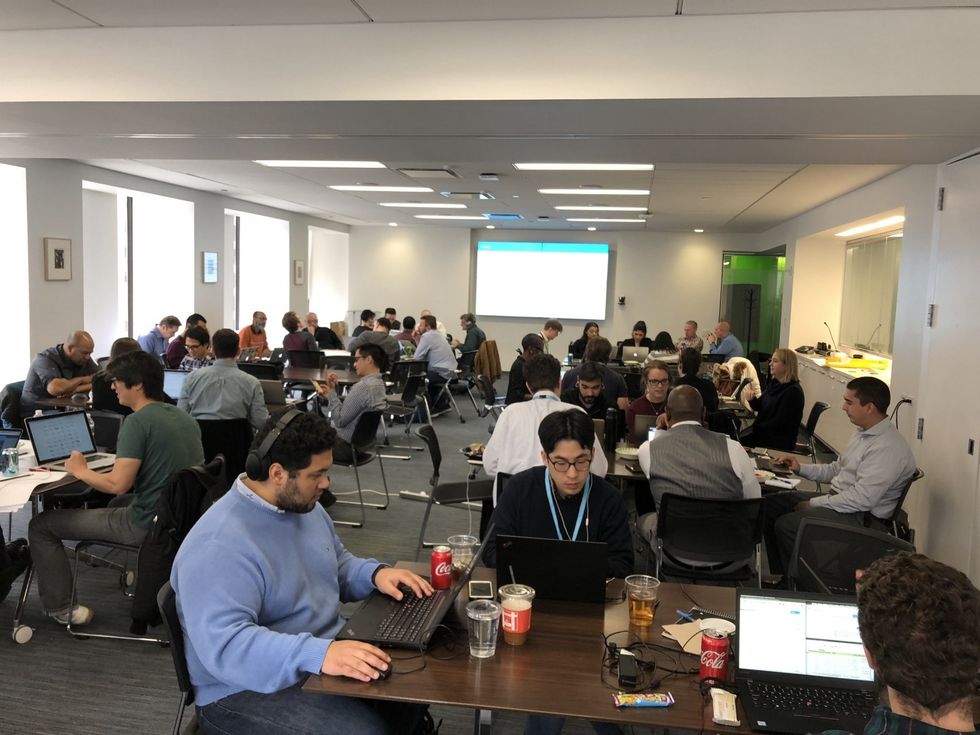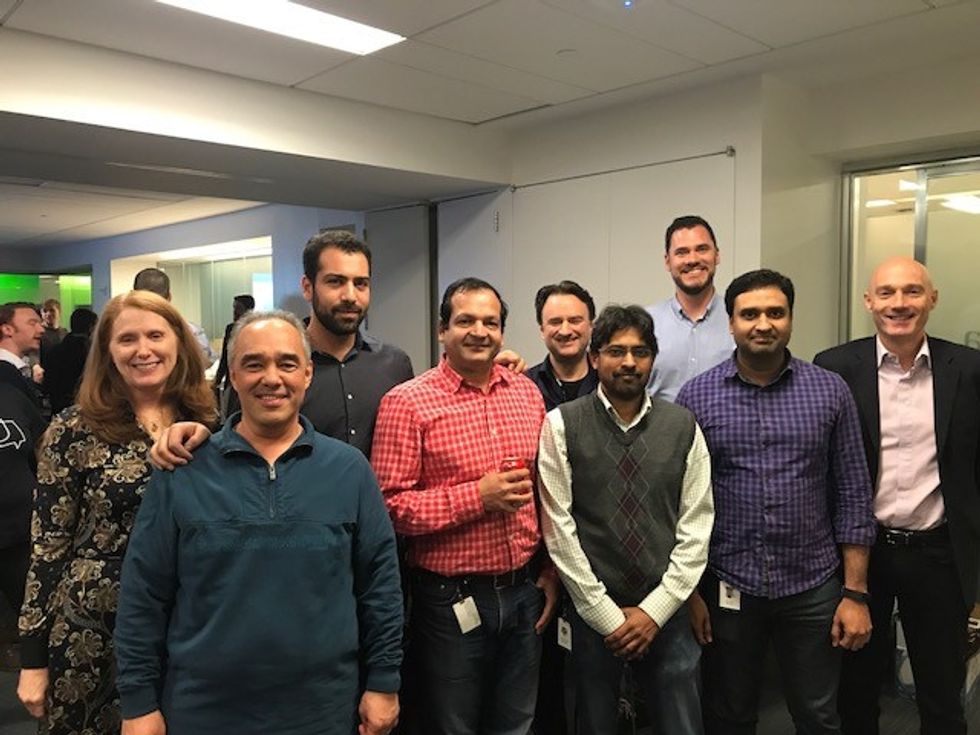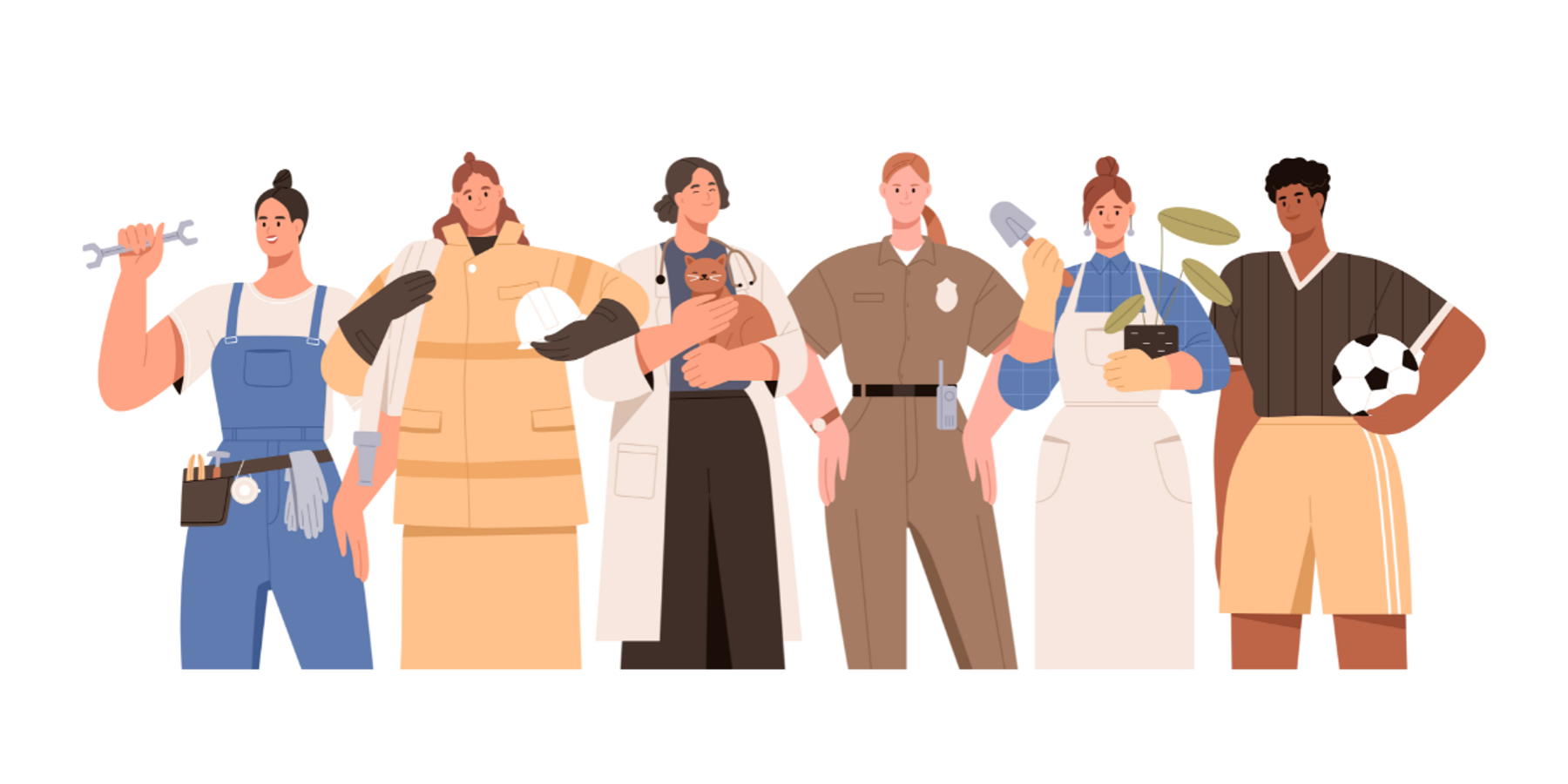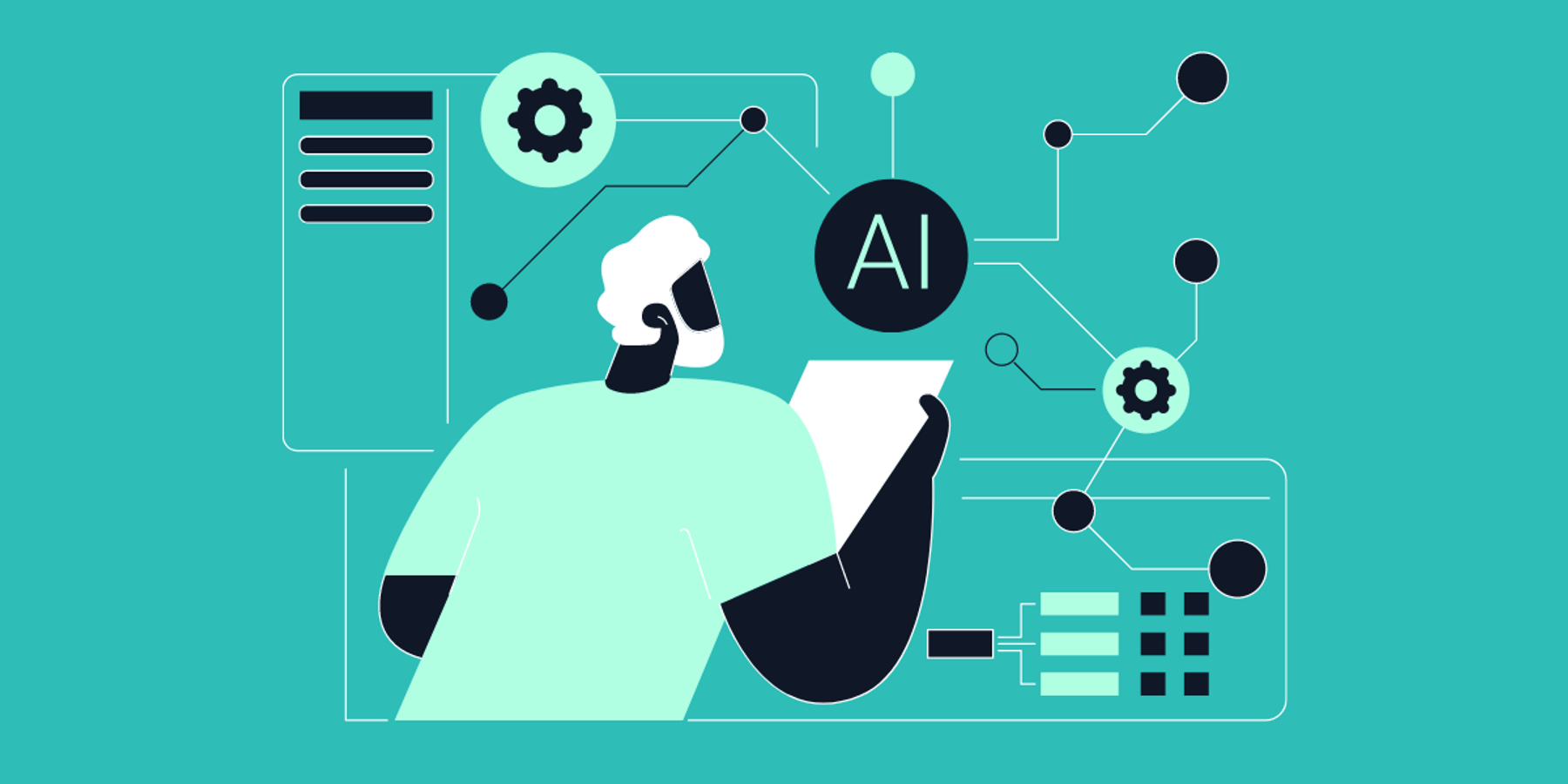Below is an article originally written by Alex Siegman, AI Technical Program Manager at PowerToFly Partner Dow Jones, and published on April 6, 2018. Go to Dow Jones' page on PowerToFly to see their open positions and learn more.
Last week Dow Jones hosted an internal, Artificial Intelligence (A.I.) Hackathon.
110 employees, representing more than fifty unique departments, gathered in New York City to address how we might leverage A.I. to augment our products and services.
And while the hackathon itself is certainly worthy of reflection, I prefer to resound my experience as a member of the hackathon planning committee in this inaugural Dow Jones blog post.
Now, odds are you're interested in one of two things: The literal process of planning a hackathon or the more vague process of implementing A.I. at scale in a corporate setting.
Lucky for you, many of the insights gleaned during the actual hackathon organization process echo a host of universal truths about implementing A.I. at a company as expansive as Dow Jones, and I'm honored to share those insights and truths with you now.
Alas, let us begin!
Dow Jones is comprised of more than 6,000 employees in more than 40 locations across six continents, so the first challenge we faced was a divergent knowledge base regarding all things A.I.
For instance, some employees had already designed propensity models to inform the Wall Street Journal's dynamic paywall, while others had only noted the term 'A.I.' in the context of the film Blade Runner.
To help educate employees, we partnered with multiple leading A.I. companies to host a series of lectures and workshops that addressed everything from the overarching business applications of A.I., to the technical details of designing an actual neural network.
In conjunction with our lectures and workshops, we created a designated A.I. Slack channel as well as a weekly internal newsletter about all things A.I., which allowed for company-wide sharing of resources and information.
Unfortunately, parallel to the aforementioned divergence in understanding, there emerged a general weariness on the part of those less familiar with A.I. to participate in the hackathon, born of a misunderstanding that A.I. is best left in the hands of those with development experience.

To dispel the myth that A.I. is uniquely an engineering endeavor, it was important to communicate to employees that no A.I. evolves in a vacuum. Engineers must work alongside customer support, project management, the newsroom and even standards and legal, to implement any A.I. project.
In other words, no one area of expertise is more valuable than another when it comes to implementing A.I. at scale.
This realization that A.I. is an all-hands-on-deck undertaking exposed a second challenge, namely that A.I. is so nascent and broad a field it is often difficult to know where to begin.
Some projects may require image recognition, others natural language processing. Some may require convolutional neural networks, others simple logistic regression. Et. cetera., et. cetera.
To address this deluge of potential launch points, we decided to simply let employees pursue their personal interests. To reiterate, no area of expertise is more valuable than another when implementing A.I. at scale, so why limit employees to a particular field of A.I.? (Not to mention, hackathons are meant to promote creativity and collaboration, and we didn't want to limit any team's potential).
Finally, and mirroring the above challenges stemming from a plethora A.I. subfields, was our third and perhaps greatest challenge: Which hackathon projects do we pursue further?
This particular challenge is, of course, still ongoing, and will be for some time. At a company as large and diverse as Dow Jones, it is easy to fall victim to a fear of the unfamiliar and to become overwhelmed amidst a plethora of potential projects and programs. So how are we meant to decide what direction to travel as we begin in earnest our A.I. journey?

The answer to this final challenge, I believe, is simple.
Embrace the unknown with curiosity and healthy skepticism. Acknowledge both the strength and the danger inherent in A.I. and work to augment your business when appropriate while learning to say 'no' when it is not. Experiment within reason, and, above all else, be sure to leverage each and every one of your employees.
And what better way to embrace, acknowledge and experiment than a hackathon!




